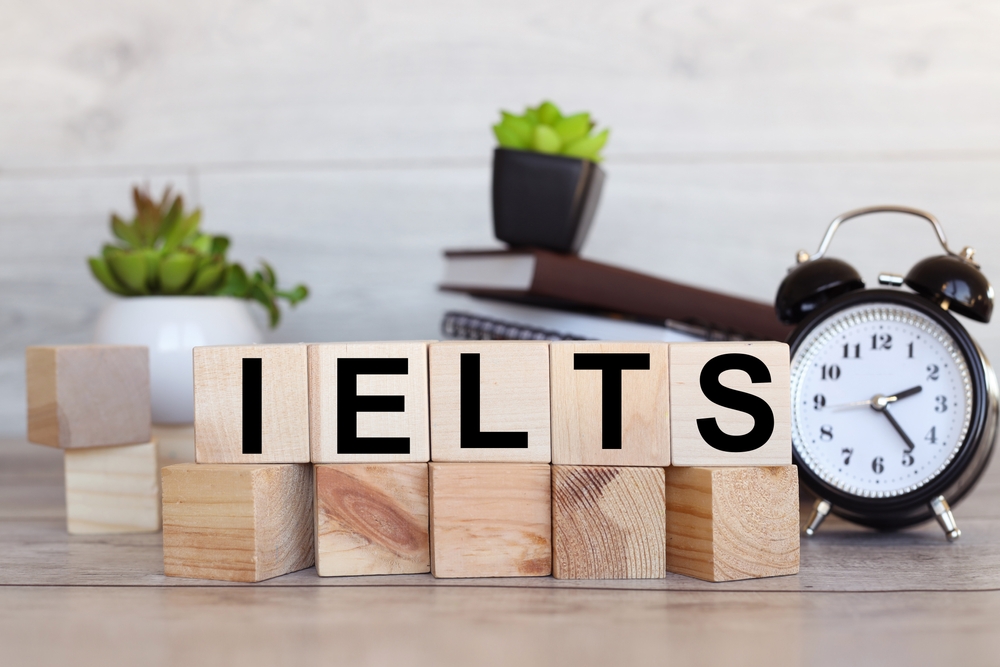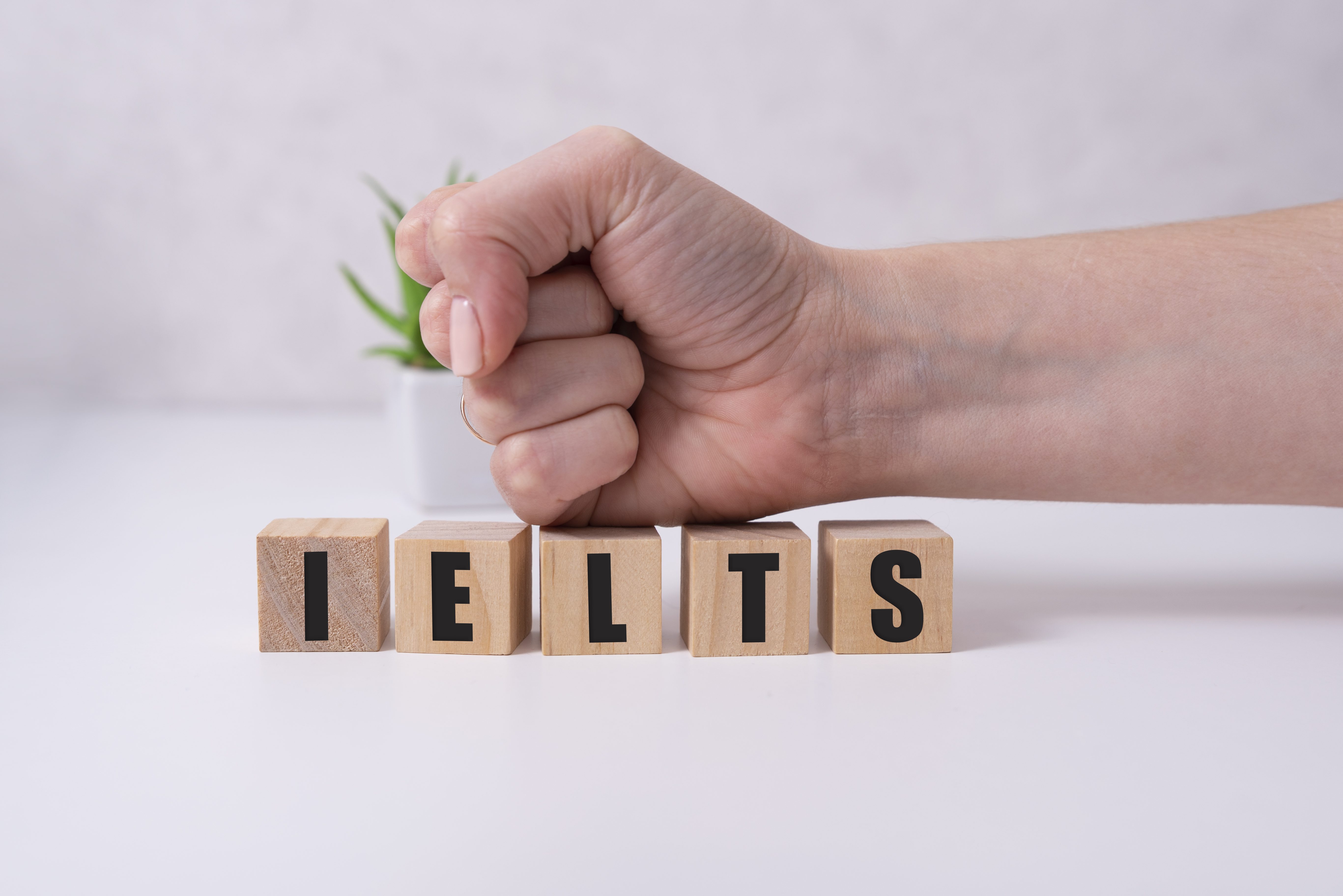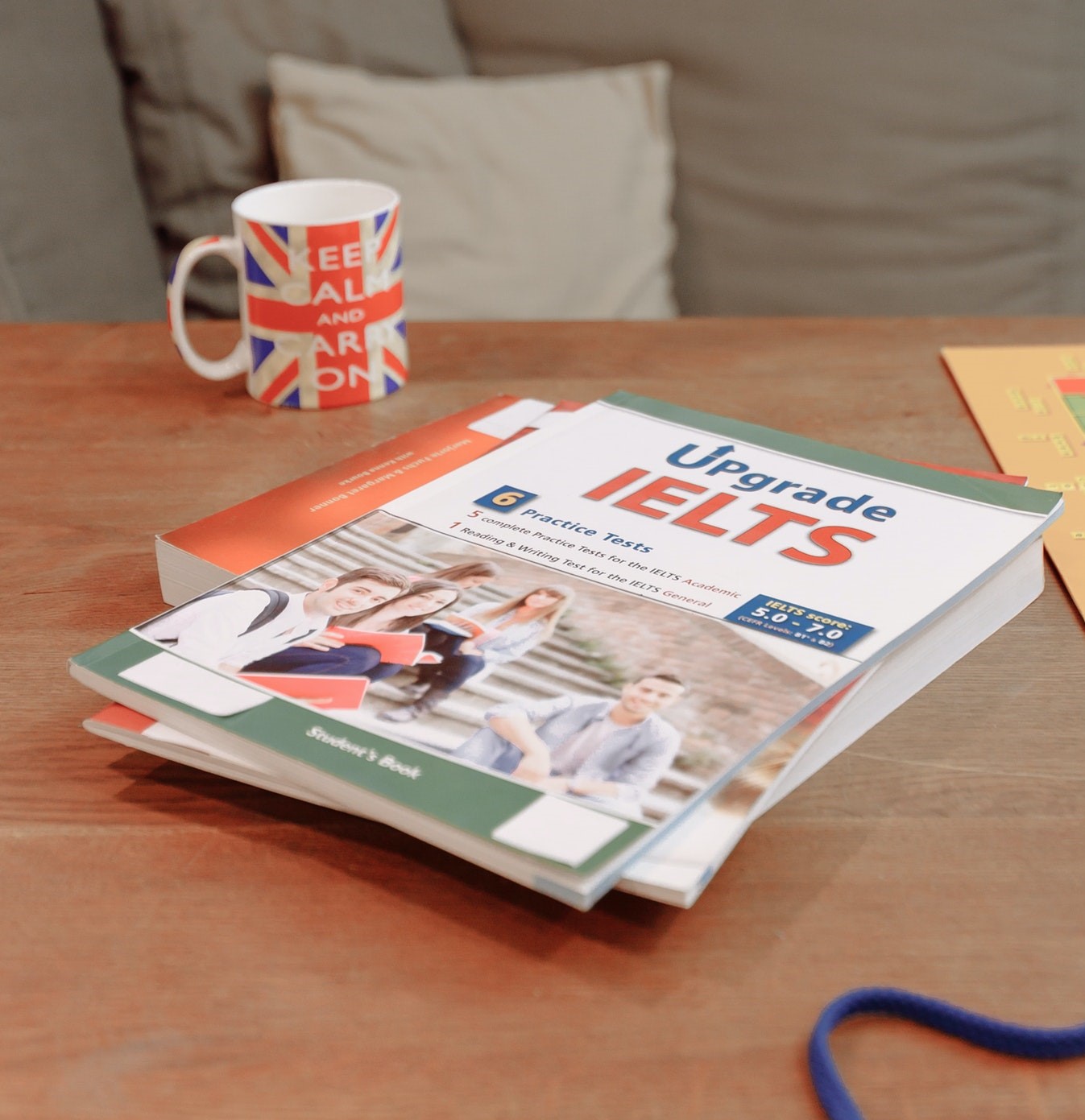IELTS speaking part 1 success – Direct questions
Part 1 will last approximately 4 to 5 minutes, which translates to approximately 12 questions on three different topics in roughly 5 minutes. It is critical that everything runs smoothly during this time, and you should not have to take too long to respond. Don’t be concerned if the examiner interrupts you at any point during the exam; he or she must control the time during the exam.
The examiner primarily tests you for two things in Part 1: 1 ) everyday vocabulary and 2) basic grammar.
How to speak in part 1
The IELTS speaking exam should be informal and you should not be trying to use academic language.
A lot of IELTS students mistakenly believe that by trying to use lots of advanced or technical vocabulary in part 1 will give them a higher score.
This is NOT true, and will usually lead to your answers sounding very unnatural as well as forcing you into making unnecessary grammar mistakes, cause pronunciation problems, and make what you are trying to say very difficult for the examiner to follow. This will lead to a lower score in fluency.
Do practice making complex sentences, as this is a must to score a 6 or above.
“I come from Hanoi. It is a big city. It is very crowded.”❌
“I come from hanoi, which is a very big and crowded city.“✅
Part 1 topics and questions are all related to pretty basic everyday topics. The questions themselves are simple, basic questions, so why would you want to try and give a complicated answer to a basic question? That would be unnatural, and make you sound worlds apart from a native speaker.
How long should my part 1 answers be?
Answers should generally be about 3 to 4 quick sentences, depending on your fluency level. If you need to think of answers or sometimes hesitate, then you’re not going to have time, and your answers will need to be shorter.
Part 1 style questions
Direct questions
Part 1 will usually have a couple of direct questions, and very often it will be the first question for each topic.
If you are asked a direct question, it is very important to firstly give a direct answer, and then add some information.
Q. Do you like to play any sports?
- “I play football a few times with my friends in the local park.” ❌
The examiner didn’t ask what sports you play, but asked if you like to play any sports. So we should first answer the question.
- “Yes, I love to play sports, and play football a few times a week with my friends in the local park.” ✅
Now I have directly answered the question, and added some more details.
- Do you enjoy reading?
- Do you like watching films?
- Do you collect anything?
- Do you like the area you live in?
- Are there any historic buildings in your hometown?
- Do you have your own computer?
- Do you like to go to the cinema?
- “Yes, I really enjoy going to the cinema, and usually go to my local cinema at least once a week with my friends.”✅
I answer the question directly and add some more information to my answer. Notice how to give a nice smooth quick answer to these style of questions I will include such things as, when, where, with who and how often.
- Do you often visit public gardens or parks?
- “Yes, I love going to my local park at least a few times a week with my family.” ✅
Take note how with these answers, I am not using the word ‘because’, which is something that often causes problems for many IELTS students.
- Do you like to play any sports?
- “Yes, I love to play basketball, because it can make me healthy, and strong…….”❌❌❌❌
This is a good example of a bad answer, and if you are giving answers like this in your speaking exam, you will not get above a 5 or 5.5.
Imagine you are chatting to a friend, and your friend asks you the same question. Would you give an answer like this?
- Do you enjoy reading?
- “Yes, I love to read, because I can gain more knowledge and broaden my horizons.” ❌❌❌❌❌ Terrible!!!!
- “Yes, I really love reading, and read as often as possible. At the moment I’m reading a very enjoyable detective novel, and find it a great way to relax in the evenings.” ✅
- “Yes I do, I love nothing better than relaxing on the sofa at home with a good book, and find it’s a great way to unwind as well as forgetting about any problems.” ✅
- Is there anything you don’t like about your studies?
 Remember it’s another direct question, so answer the question first, and then add some additional information.
Remember it’s another direct question, so answer the question first, and then add some additional information.
- “Yes, there is. I really don’t enjoy the many assignments I have to complete each semester, and often have to stay up late at night to meet the deadlines, which I find very tiring.”✅
- “Yes, as I study economics there is a lot of very complex maths involved, which I find very difficult and really don’t enjoy.” ✅
Now let’s mix the grammar up a little with more common part 1 direct questions. With IELTS speaking part 1 questions, you should pay close attention to the language and grammar in the question, and then use it in your answer.
In speaking part 1 you should be very confident in using the basic tenses, especially the simple present, past, future and present perfect tenses.
- Have there been any changes in your hometown in recent years?
“Yes, there have been quite a few changes in the past few years, for example there are a lot of new apartment complexes as well as a big new shopping mall, and it’s also become a little busier with all this recent development .”
- Did you play any sports when you were in primary school?
 “Yes, I used to love playing football with my classmates back in primary school, and we also had PE class once or twice a week, which was always a lot of fun.”
“Yes, I used to love playing football with my classmates back in primary school, and we also had PE class once or twice a week, which was always a lot of fun.”
- Did you often get bored as a child?
“No, I don’t think I did, and I was always very active as a child. I remember I used to spend a lot of time playing outdoors, as well as enjoying lots of other activities, such as drawing or reading.”
- Would you like to study anything in the future?
“Yes, I’d love to study something related to computers, such as programming or coding, as I have a great interest in anything to do with computers or technology.”
- Have you ever bought anything because of an advertisement?
“Yes, I have. I remember I once bought a watch which I had seen advertised on the internet, and looked really great in the advertisement.”
- When did you first learn to use a computer?
“I guess I first learned to use a computer when I was in middle school, and we used to have computer class once or twice a week.”
When you are preparing for your IELTS speaking exam, it’s very important to practice these basic things. To score a 6 or about you should have very few mistakes when using basic grammar.
 Before you brush your teeth every morning, you could spend just a few minutes practising talking to the mirror. Quickly talk about what you did yesterday, using the past tense, and then switch to talking about what you will do later in the day, using the future tense. This will get you into the habit of using the correct basic tenses without having to slow down to think about it.
Before you brush your teeth every morning, you could spend just a few minutes practising talking to the mirror. Quickly talk about what you did yesterday, using the past tense, and then switch to talking about what you will do later in the day, using the future tense. This will get you into the habit of using the correct basic tenses without having to slow down to think about it.
Remember that in part 1 you are giving the IELTS examiner a first impression of your English ability, and you don’t want to be making lots of basic mistakes. This is not the time to try and show off, thinking that it’s going to impress the examiner.
Speak naturally, rather than giving the examiner a long list of memorised answers, which not only does the examiner not enjoy hearing, but will also result in a lower score.
Of course, you should prepare a number of keywords,collocations, and phrases for the various topics, but avoid memorising everything after that.
More links for IELTS speaking tips and advice
Linking words for IELTS part 3 speaking success
How to talk about your studies -IELTS part 1
How to describe the area you live in answers
How to get a band 7 in IELTS speaking



































